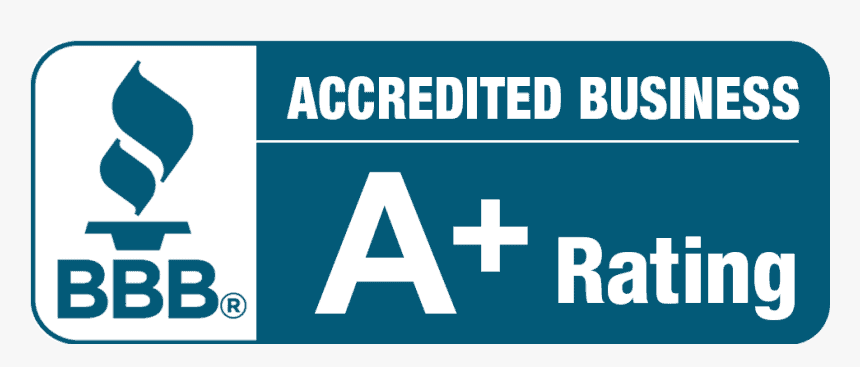Chris Riley
Articles by Chris Riley
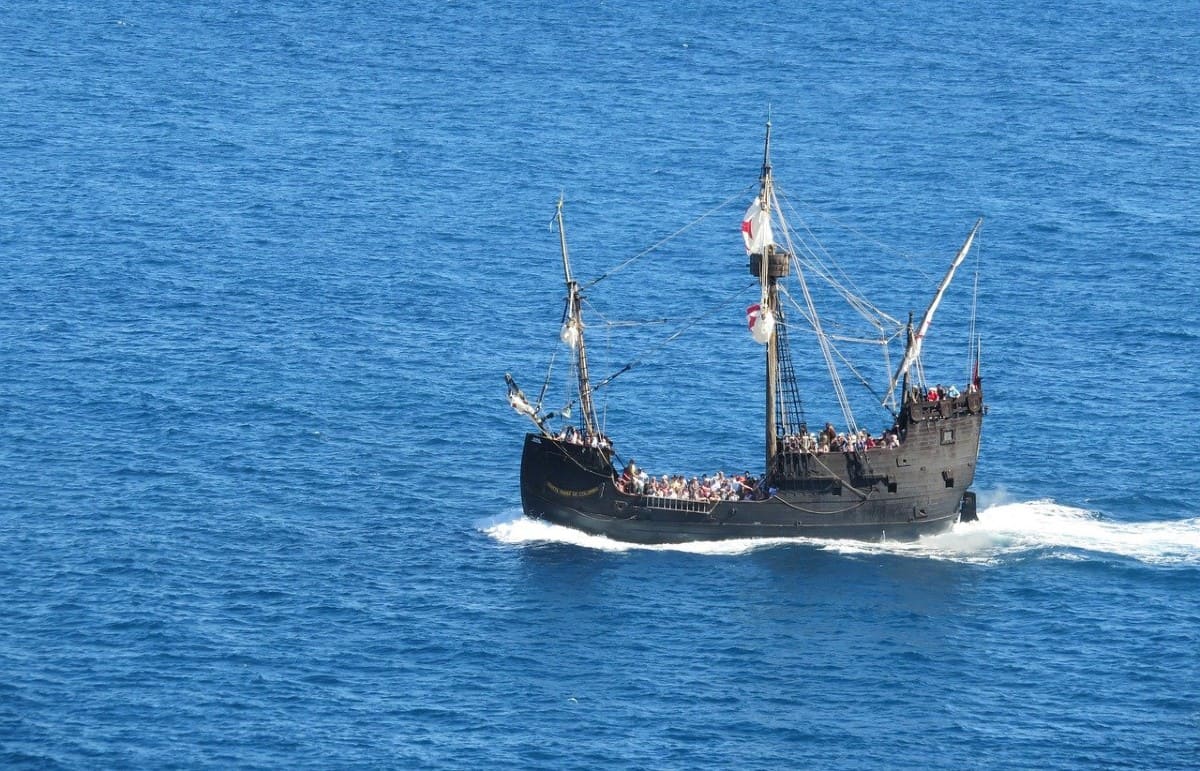
The Niña, the Pinta and the Santa Maria
Most schoolchildren learn the tale of Christopher Columbus and his historic voyage across the ocean. The story has evolved over time to take a more realistic and practical view of the trip. Gone are they days when people thought Columbus thought the world was flat. But there’s one part of the story that not enough…
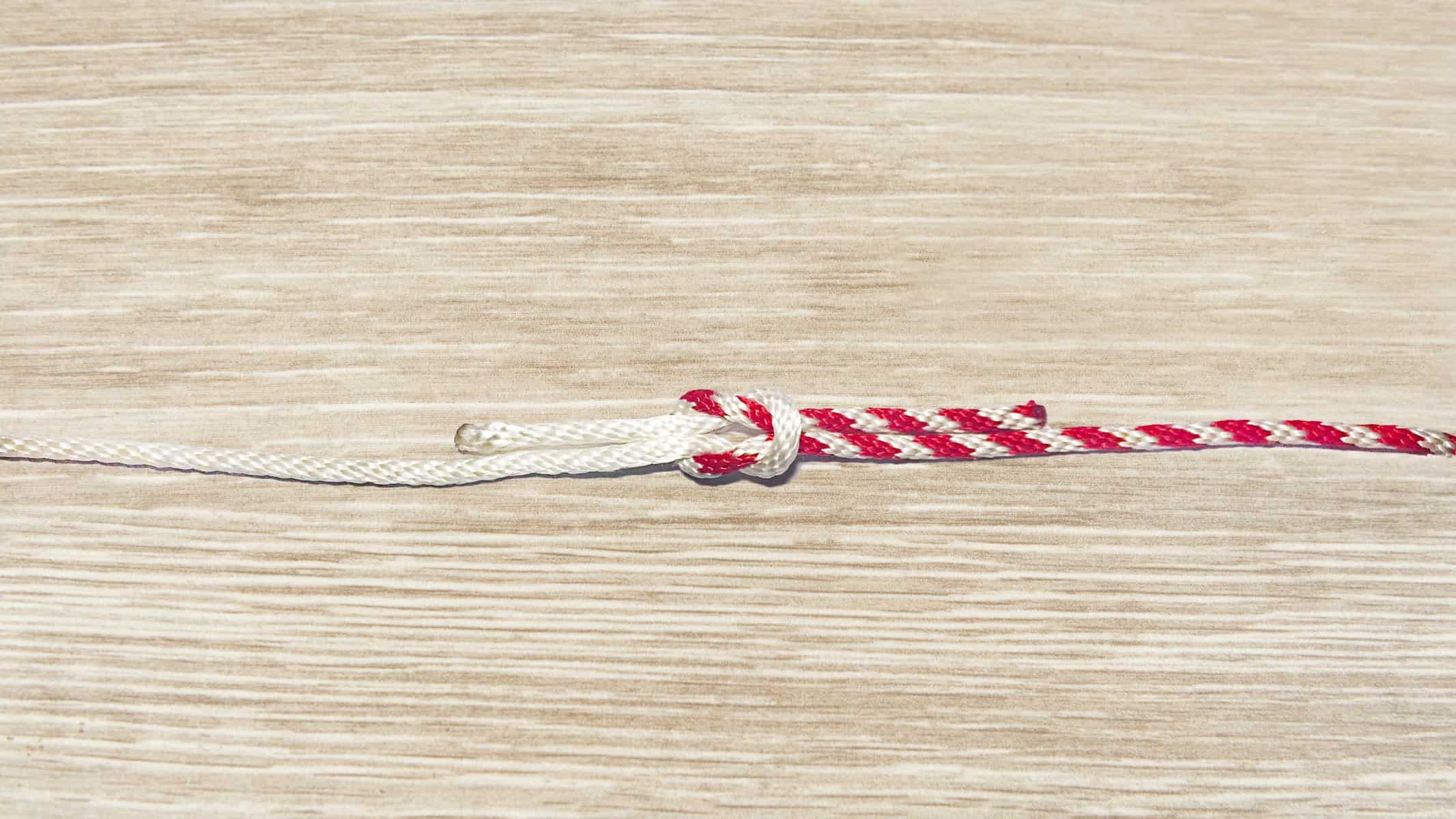
How To Tie A Square Knot
The Square Knot, also known as a Reef Knot, is a simple knot that’s used to join two lengths of rope together. It’s a crucial knot that all sailors should learn. If you’re not familiar with this one, we’ve got all you need to know about it right here: a little bit of background information…
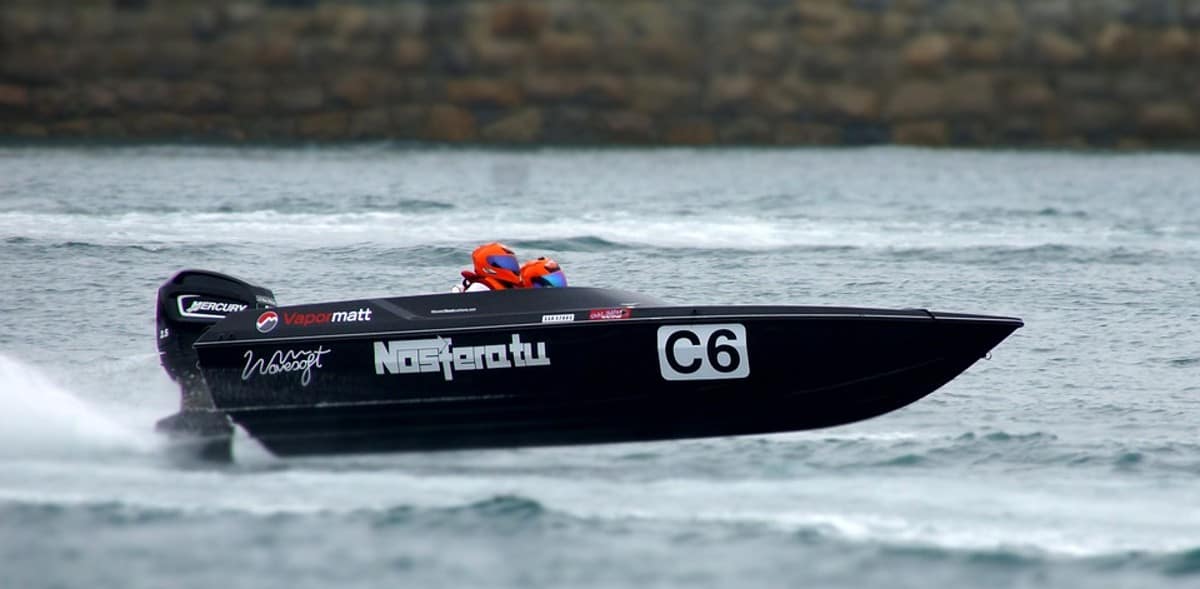
Hull Speed Calculator and Waterline Length
Waterline length is the length of the boat from bow to stern where it sits in the water. In other words, as it floats in the water, if you were to mark the point on the bow where the water touched and marked the point on the stern where the water touched and then…
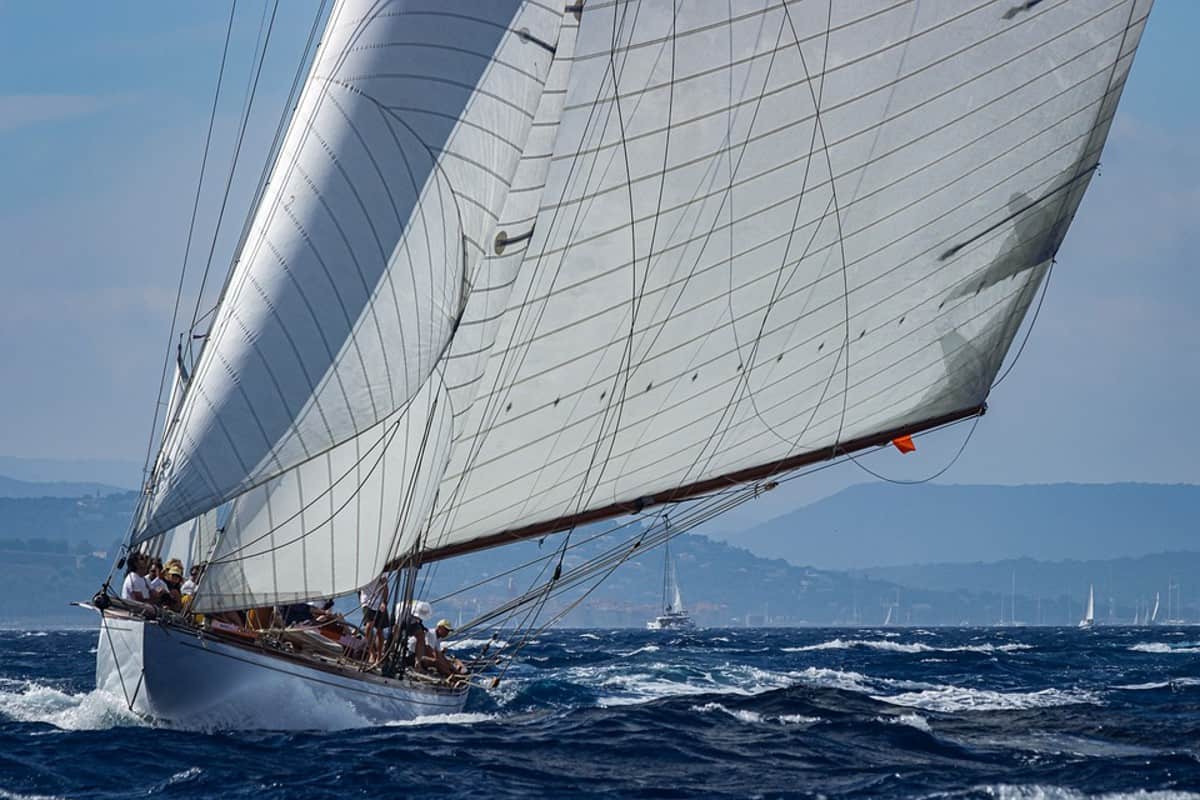
Knots to Miles Per Hour: Understanding Boat Speed
One of the hardest things for new boaters to understand is speed on the water. We’re very used to miles per hour on land. But on the water there are nautical miles and knots. How and why are they different? Let’s take a look. Calculating Knots to Miles Per Hour One knot equals roughly…
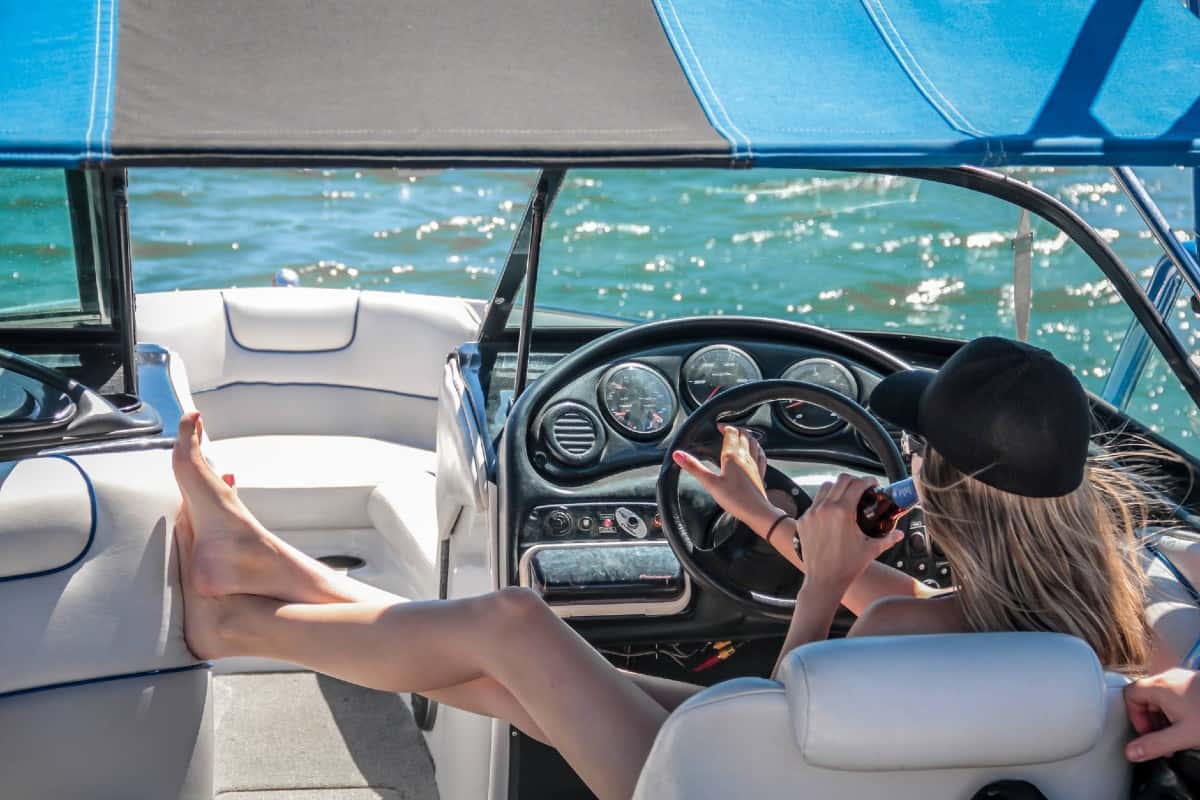
Your Definitive Guide to Boat Safety Equipment
Some boat safety equipment is legally required while others are just a good idea to ensure safety. You can prevent or lessen damage and injury by making sure you have the necessary boat safety equipment before you take your next boat trip. Boat Safety Equipment You Need on Board We’re going to break down safety…

Why Does a Boat Plane?
In technical terms, planing means that your boat is being supported by hydrodynamic lift instead of buoyancy. Boats typically, but not always, rely on one or the other when in motion. Buoyancy, or hydrostatic lift, is what keeps you afloat in a displacement hull vessel. But a planing hull relies on hydrodynamic lift instead. When…
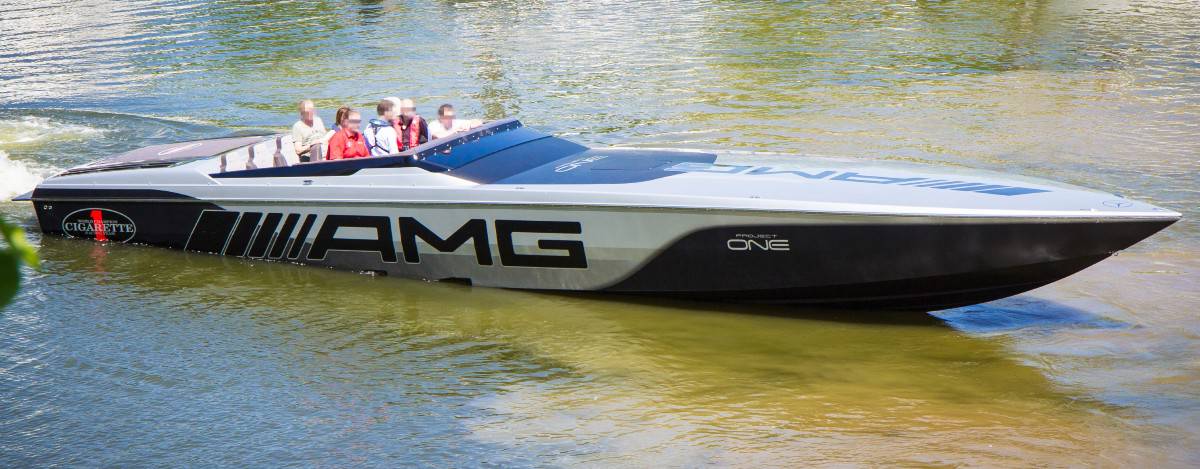
Cigarette Boats vs Cigar Boats: What’s the Difference?
Every so often you come across the names cigar boat and cigarette boat. If you’ve seen them before, it’s hard not to be impressed. These are very cool looking speed boats that perform incredibly well. They’re built for speed and can absolutely tear up the water in a race. They’ll leave a normal power boat…
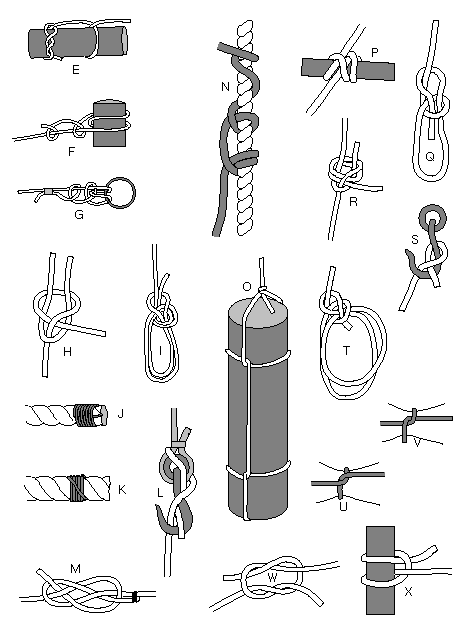
Marine Knots That You Need To Know!
All sailors should have a good grasp of how to tie boat knots. Knot-tying and boating go hand in hand, and knowing how to properly tie a knot will make life on the water easier. Marine knots can be used for mooring, securing loads, moving cargo, and saving lives. In fact, they can be used…
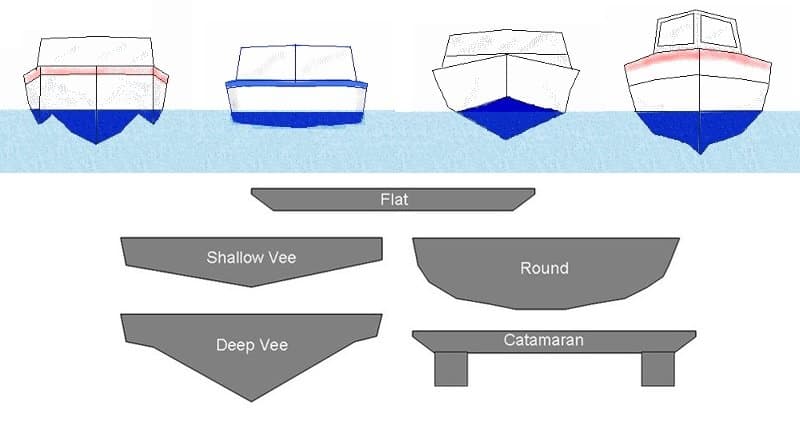
Understanding The Different Types Of Boat Hulls
Just as there are many different types of boats, there are just as many different types of boat hulls. They come in different sizes, different shapes, and every single one of them is a feat of design and engineering. Despite having so many different types of boat hulls to choose from, they’re only designed to…

Identifying The Different Types Of Storm Clouds
A boat on the water is a great place to watch clouds. It’s also a pleasant way to pass the time when you are bored. It can also save you and your family from being caught in a sudden thunderstorm. A skipper knows to always check the weather forecast before leaving the dock, but sometimes…
How are flat charts and maps made of our round planet?
Sailors need accurate charts to find their way around the seas. The trouble is, nobody can make a perfect chart because the earth is a large ball and charts are drawn on paper, which is flat. You need to know a few things before you can understand how this problem has been tackled, so here…
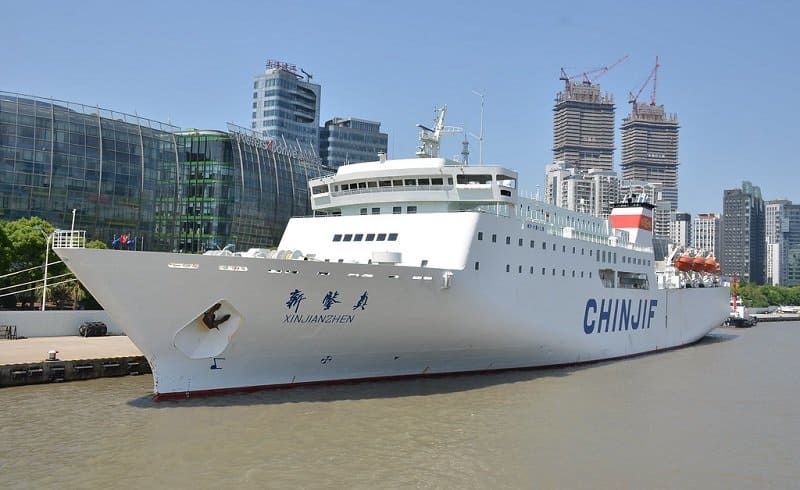
How do Boats Float?
A boat, or any other object designed to float, is based on a theory by a very old guy, even older than Capt. Matt. Though he is old and, by the way, dead, he was really a cool guy and his name was Archimedes (Ark-i’-meed-eez). His principle, cleverly named the Archimedes’ Principle, explains how things…
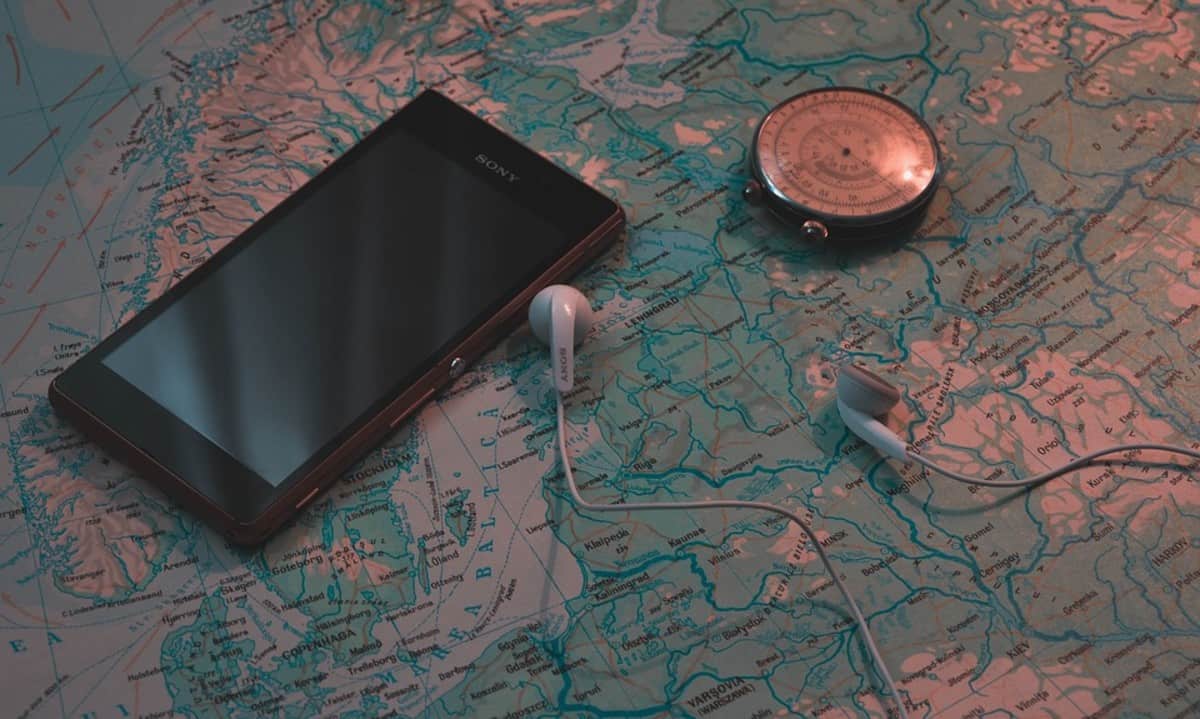
The History of Navigation
Navigation is the art of getting from one place to another, safely and efficiently. Whenever you find a store in a mall or walk home from school, you are using the tools of the early navigators. But what if you found yourself in a place you didn’t recognize such as out in the middle of…
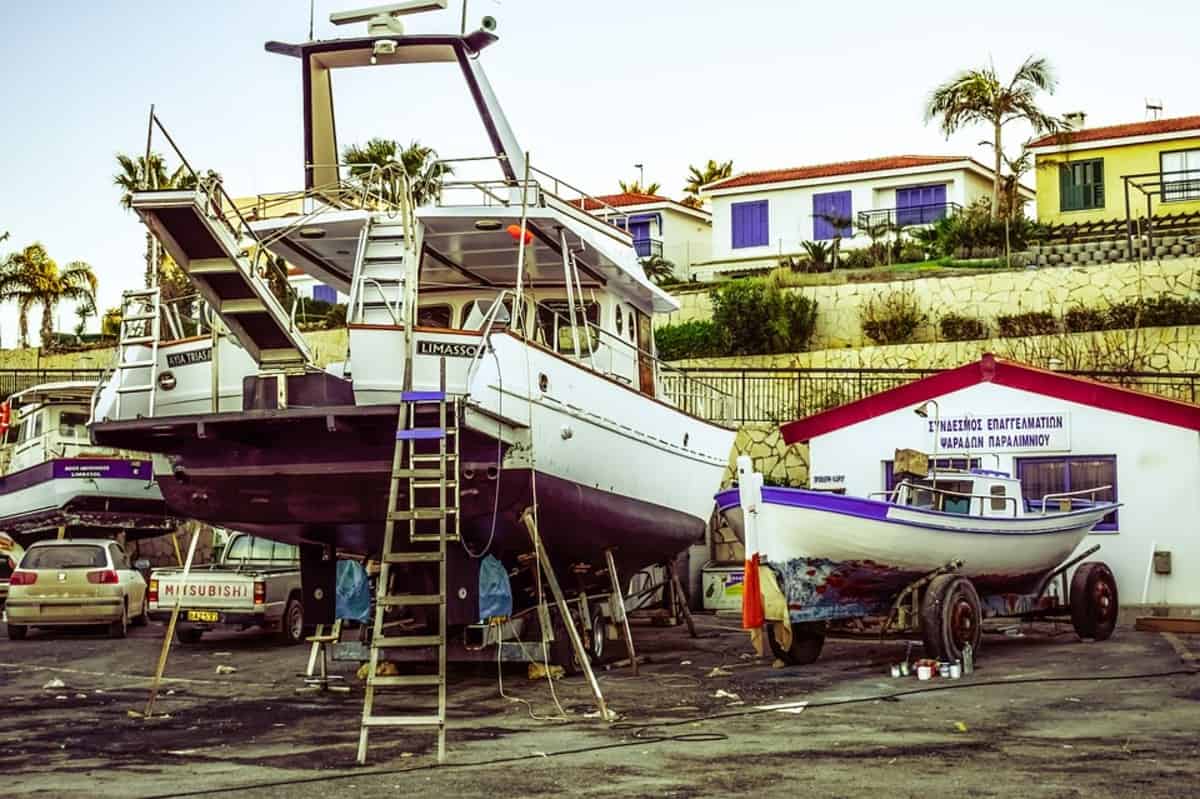
Essential Spare Parts and Tool Checklist For Your Boat
Just as with your car, your boat needs to be maintained. There are things that may happen out on the water that will require repairs. Parts break, batteries die, things happen. Every boat needs to be equipped with a basic mechanic’s tool kit. In addition, you need to have a backup supply of spare parts….
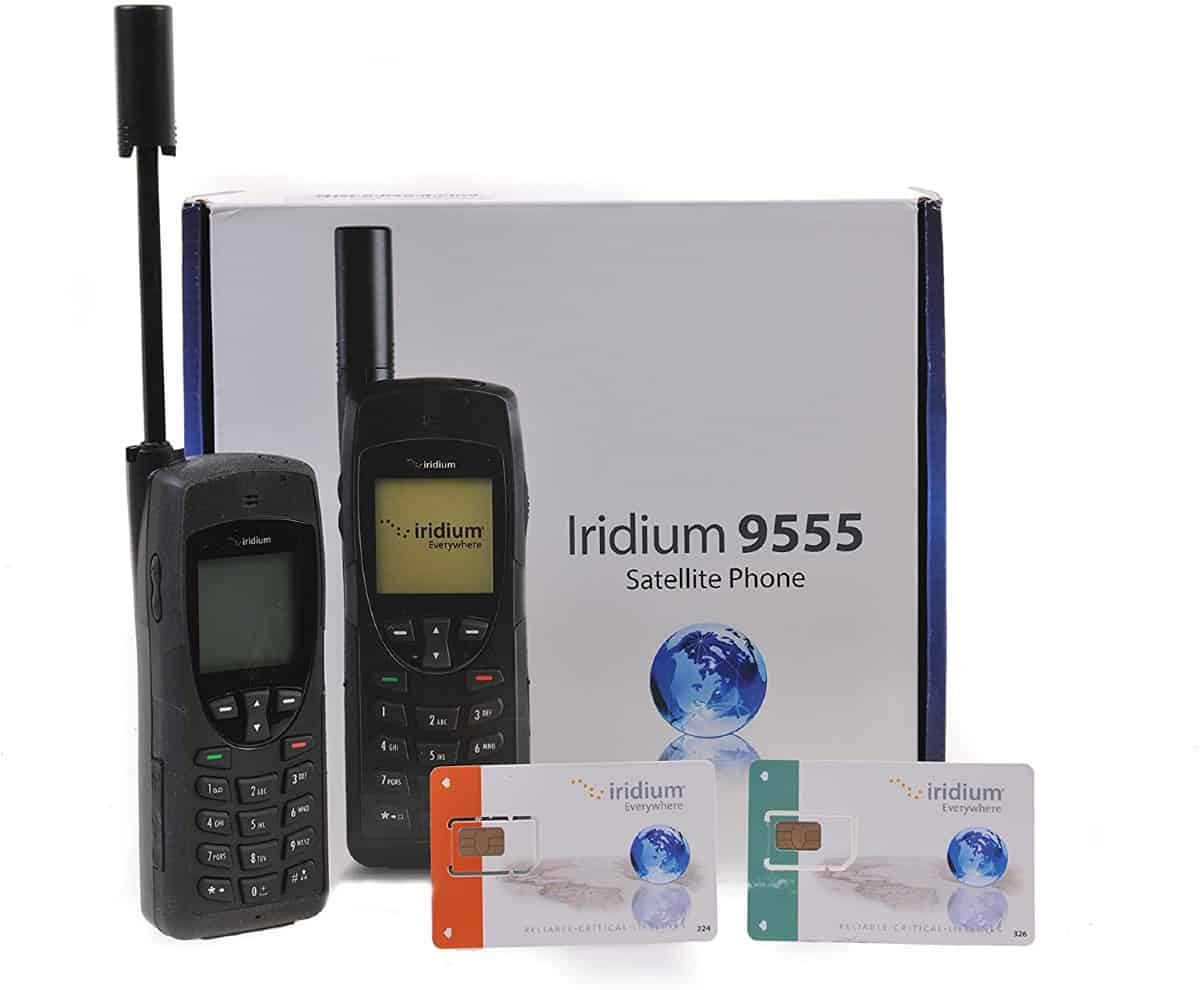
7 Best Satellite Phones for Marine Use
You can never be too safe at sea. A radio and a GPS device can help you out in an emergency. But if you want to ensure you’ve got an edge, consider a satellite phone. A normal cell phone is ideal on land. But cell service is spotty at best at sea. A high quality…
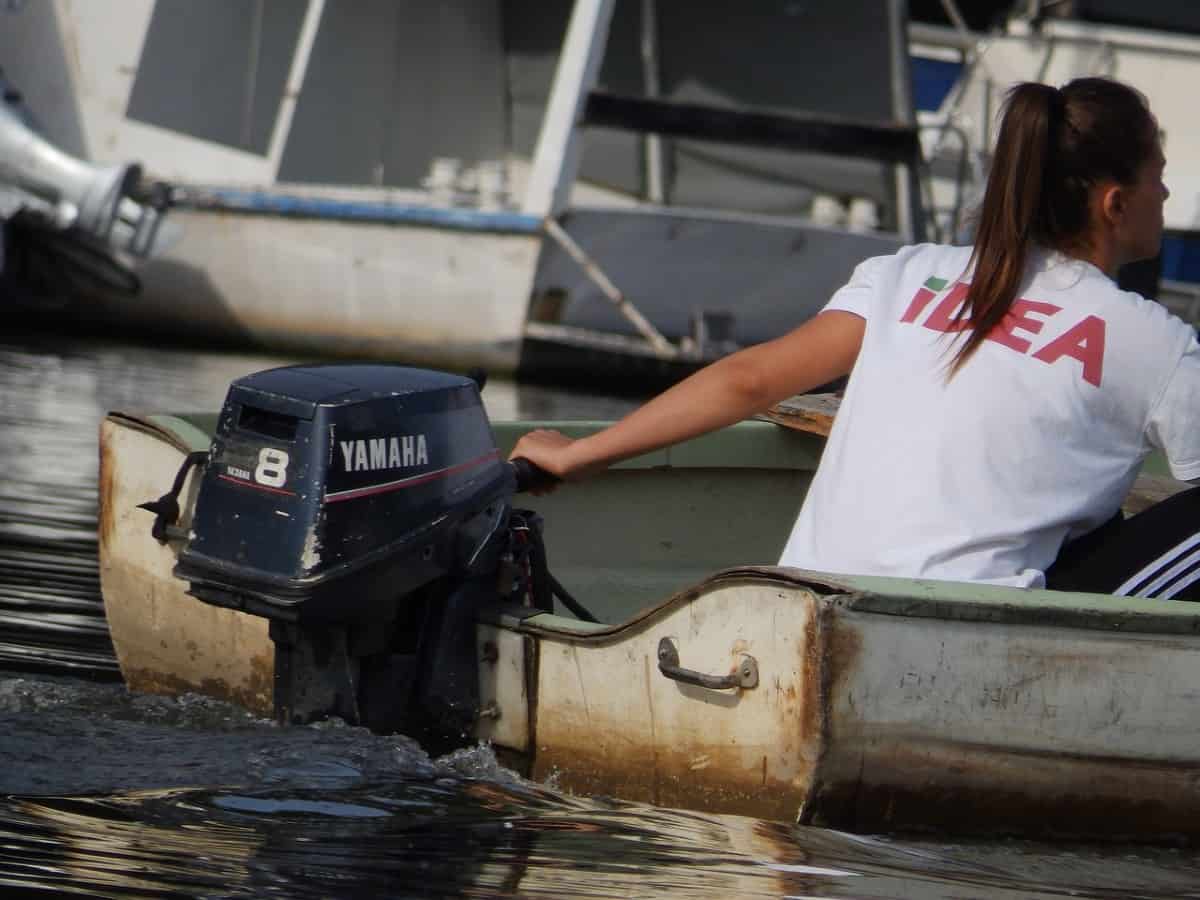
What to Do When Your Boat Engine is Overheating
An overheating engine can be a real burden to deal with. Time and money may have to go into fixing it if you can’t figure out what’s wrong. Luckily, there are warning signs you can look for. Also, there are some tips and tricks that you can look into if you want to fix the…
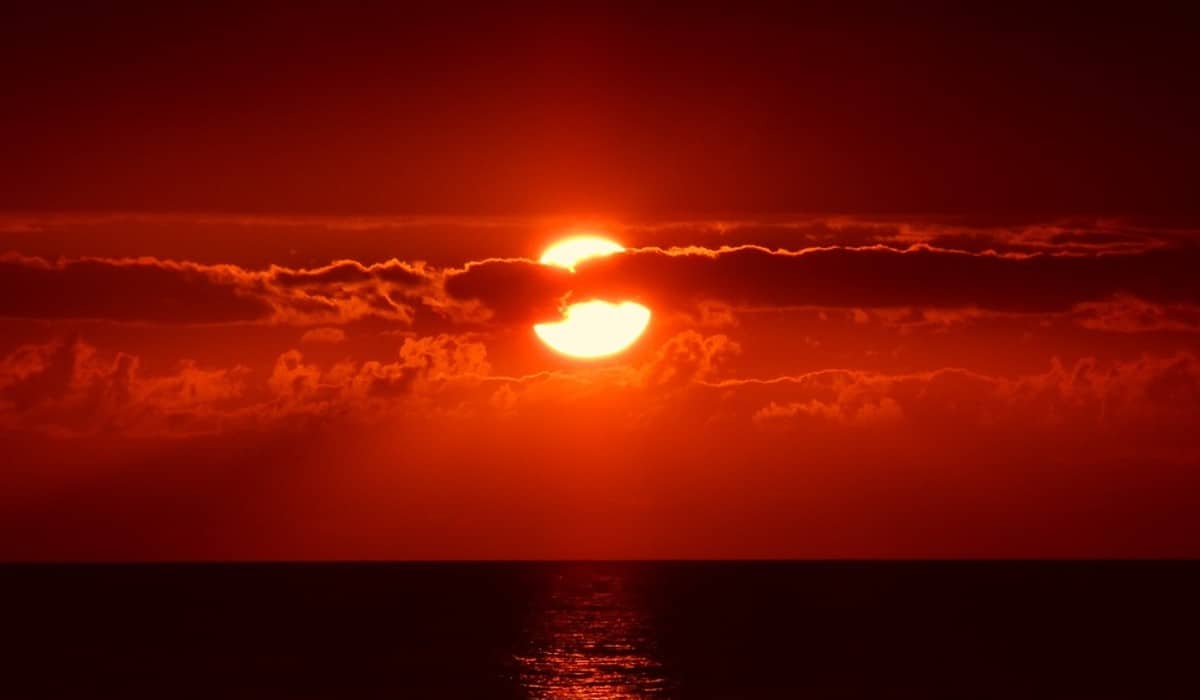
Weather Proverbs
Perhaps the most often quoted weather proverb among mariners is: Red sky in morning, Sailors take warning. Red sky at night, Sailors’ delight A red sky at night (when the sun is to the west) is caused by light passing through dust particles in the air to the west. Dust indicates dry weather and since…
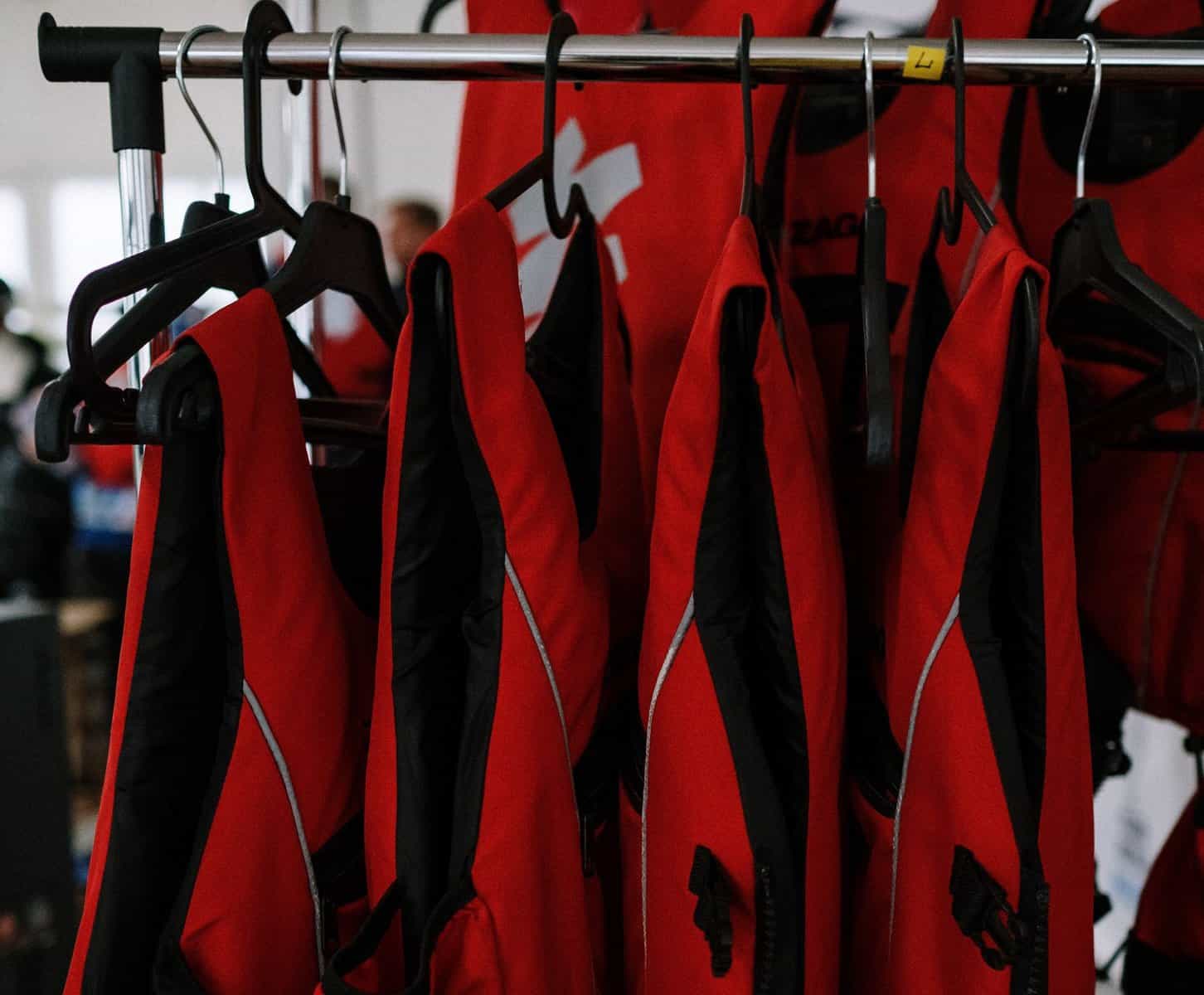
State Laws and Regulations for Wearing Life Jackets
By now we should all know how important wearing a personal flotation device is when you’re boating. But despite how long they’ve been available, there are still a lot of boaters who don’t make use of these life saving tools. Nearly half of all boaters in the UK don’t wear life jackets. In the US,…

The Phonetic Alphabet
The phonetic alphabet is an essential skill for all radio operators. Whether you’re on sea, in the air, or on land, knowing how to communicate effectively could save your life. What Is The Phonetic Alphabet? It’s very important for sailors to properly understand and know how to use the phonetic alphabet. A phonetic alphabet is…
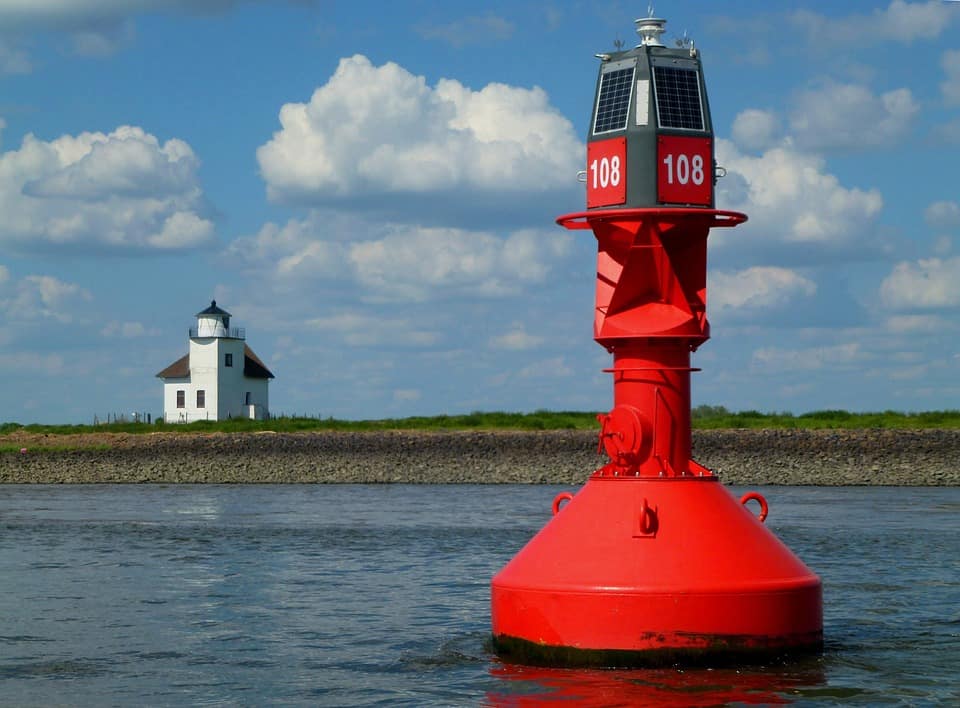
Buoy Basics: Everything You Need to Know About Buoys
Buoys are floating, anchored aids to marine navigation. A buoy today may come in many shapes, sizes, and colors. These different shapes and colors indicate a specific meaning or a specific type of buoy. Understanding the different types of buoys will allow you, as a boat operator, to navigate safely and efficiently on the water….
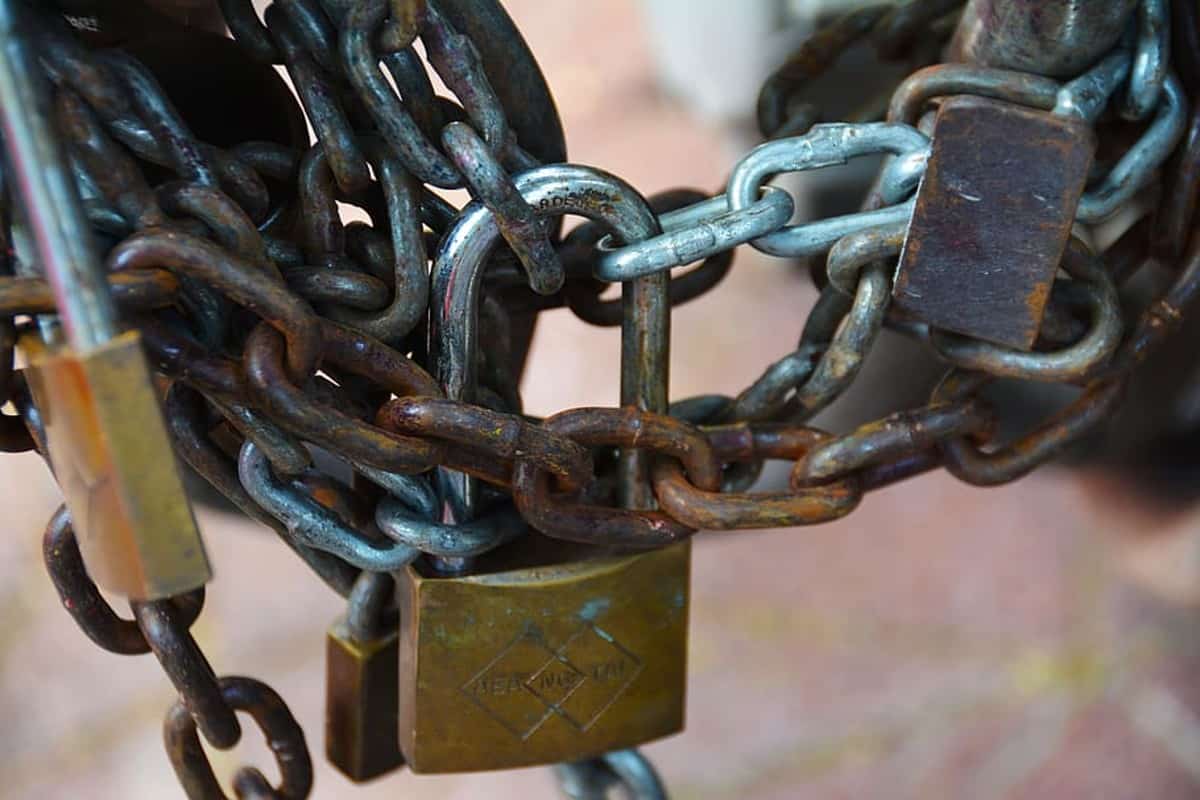
How to Prevent Boat Theft
In 2018 there are nearly 4,500 boats reported stolen in the US. That may seem insignificant compared to cars stolen, but it’s still a remarkably high number. Thousands of boats missing every single year. And only about one in 10 stolen boats are ever recovered. How does someone even get away with a boat? You…
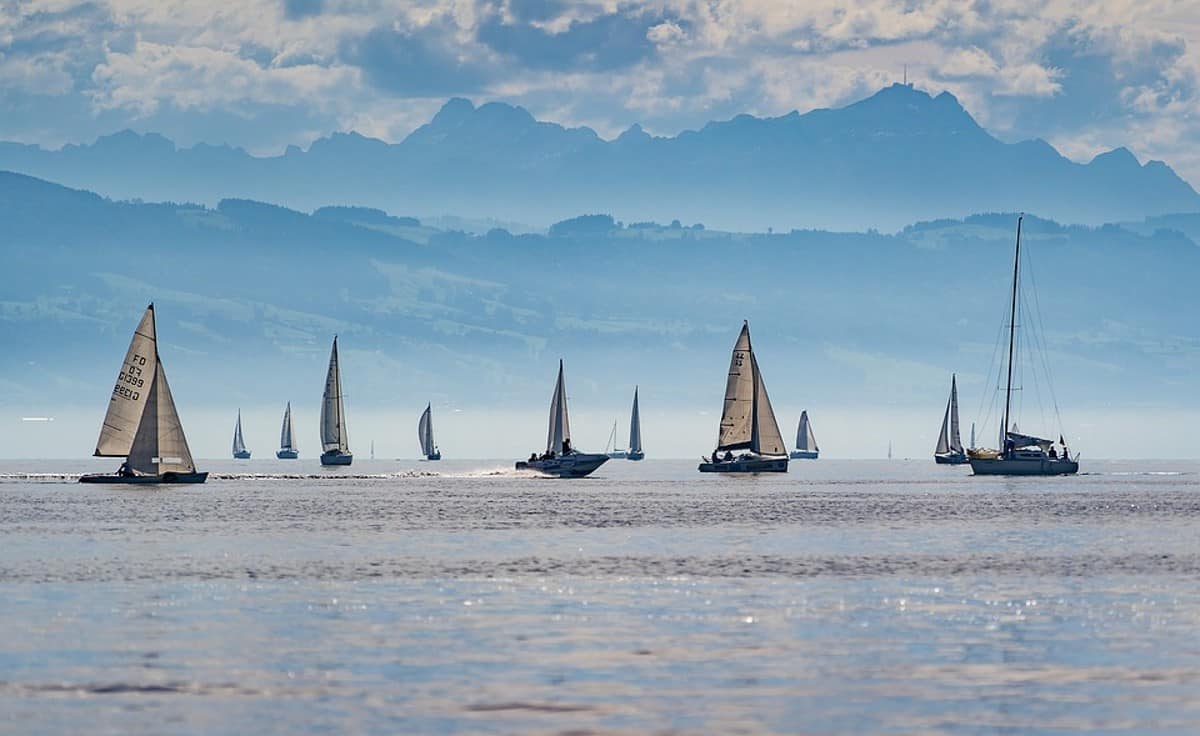
Easy Guide to Boat Slang
These days a lot of slang terms come to us from the sea. Naval tradition, sailing, even piracy all created their own slang and lingo over the years. Many of the terms found their way into modern languages and are just everyday terms now. And some, as we’ll see, only seem like they have…
The “Aids To Navigation” Merger
(This article originally appeared in 2002, however, some areas of the country may not yet be in compliance. For those of you in such areas, we are leaving this article up.) A phase-in period of the Uniform State Waterway Marking System (USWMS) (found on most lakes and rivers) with the United States Aids to Navigation…
The Road International Regulations for Avoiding Collisions at Sea
Part A – General Rule 1 Application (a) These Rules shall apply to all vessels upon the high seas and in all waters connected therewith navigable by seagoing vessels. (b) Nothing in these Rules shall interfere in the operation of special rules made by an appropriate authority for roadsteads, harbors, rivers, lakes or inland waterways…
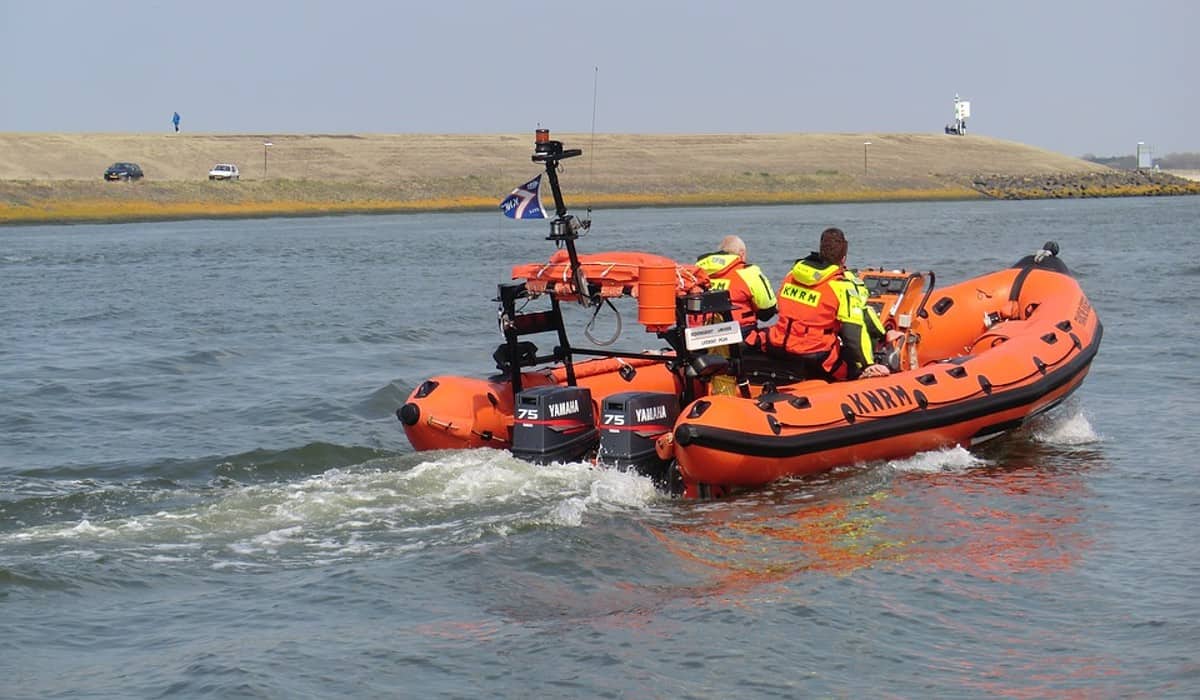
DSC Radio: What is the Digital Selective Calling System?
Every boater needs to have a VHF radio on board their vessel. It’s a vital communication tool that can link you to the mainland and rescuers when needed. It can also help inform you about weather and other emergencies. But what about a DSC radio? This is newer technology and not everyone is familiar with…
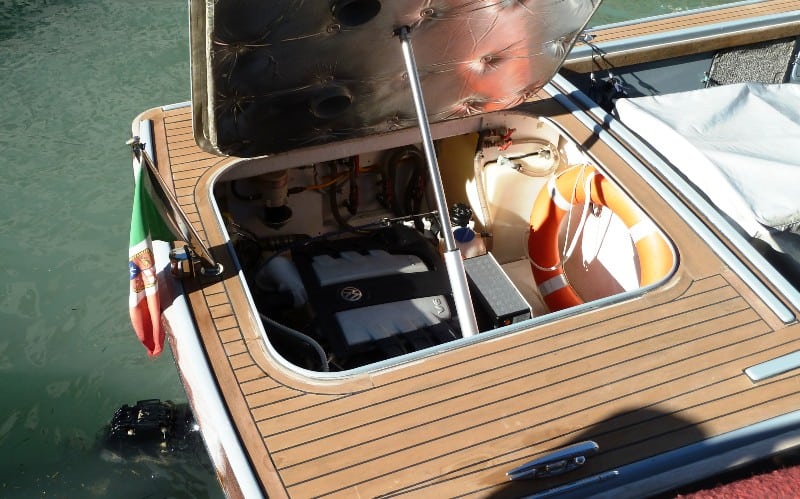
Boat Engine Cooling Systems Explained
Marine engine cooling systems come in several kinds. They rely in different ways on the water in which you are operating your boat to keep things cool. The raw water cooling system will only use this water while an enclosed cooling system will use water plus an additional coolant. The keel cooling system is also…
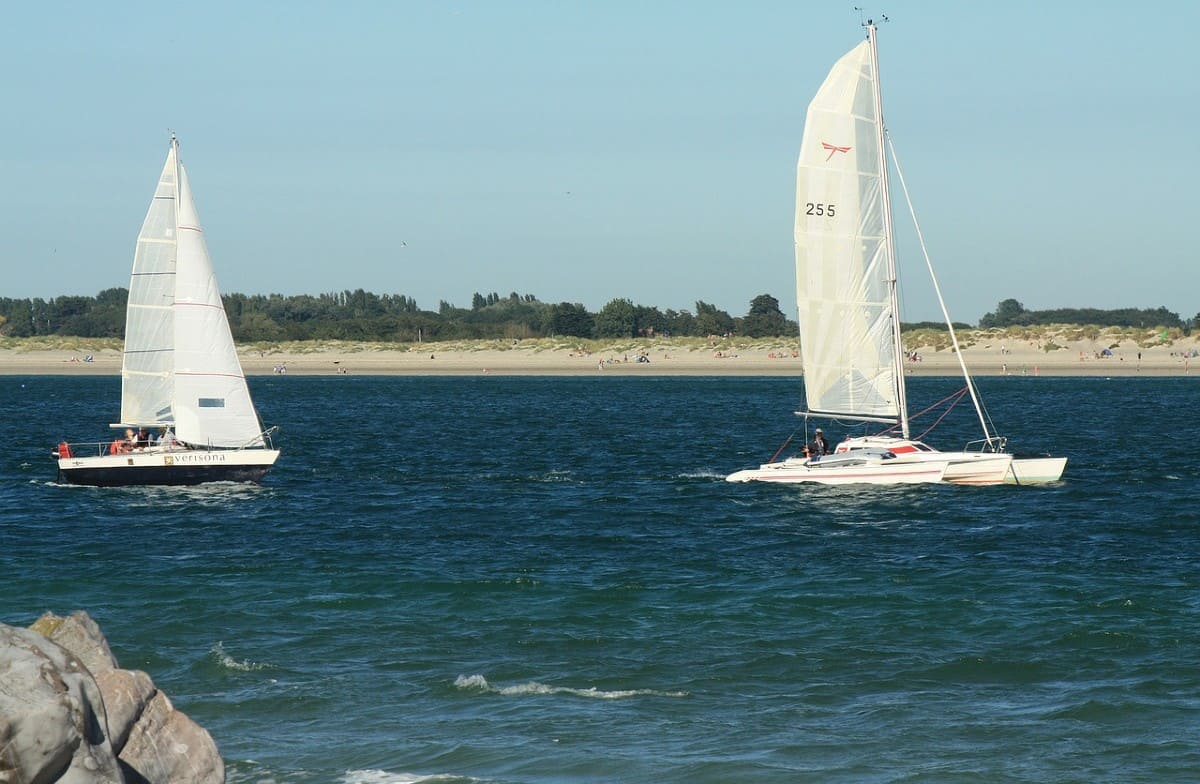
Monohull Vs Multihull
There has been a debate in the world of sailing foe some year over monohull vs multihull. Is one superior? What are the benefits and drawbacks of each? It’s a layered question and both have some great upsides and a few downsides. Is one better? That’s likely up to the individual sailor. But we can…
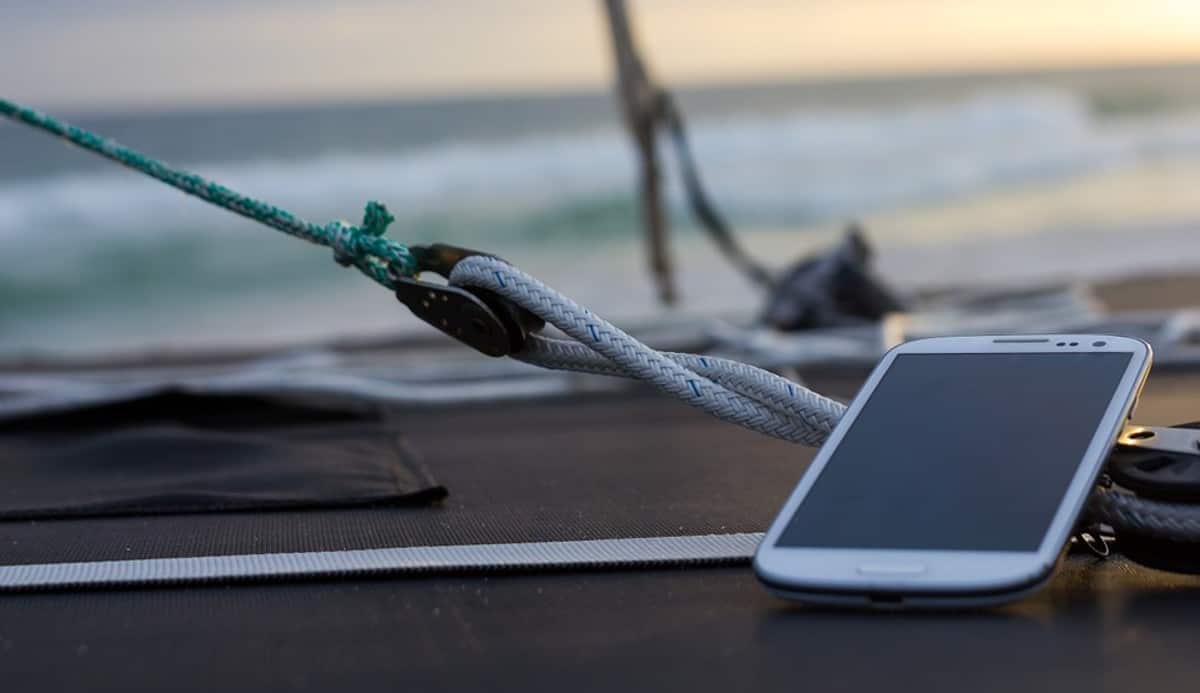
Cell Phones vs. VHF Marine Radio
If you’re new to boating it can be overwhelming to get a grip on all the extra gear you need and/or want. You may wonder if something like a VHF radio is even necessary. Especially if you have a good quality cell phone with good coverage. The Coast Guard does not advocate cell phones as…

Boating Regulations by State Boating Education Requirements
Nearly every state now requires boaters to have some form of formal boat safety education. This typically comes in the form of a test administered by the National Association of State Boating Law Administrators or NASBLA. The regulations can vary widely from state to state so make sure you check your local laws to ensure…
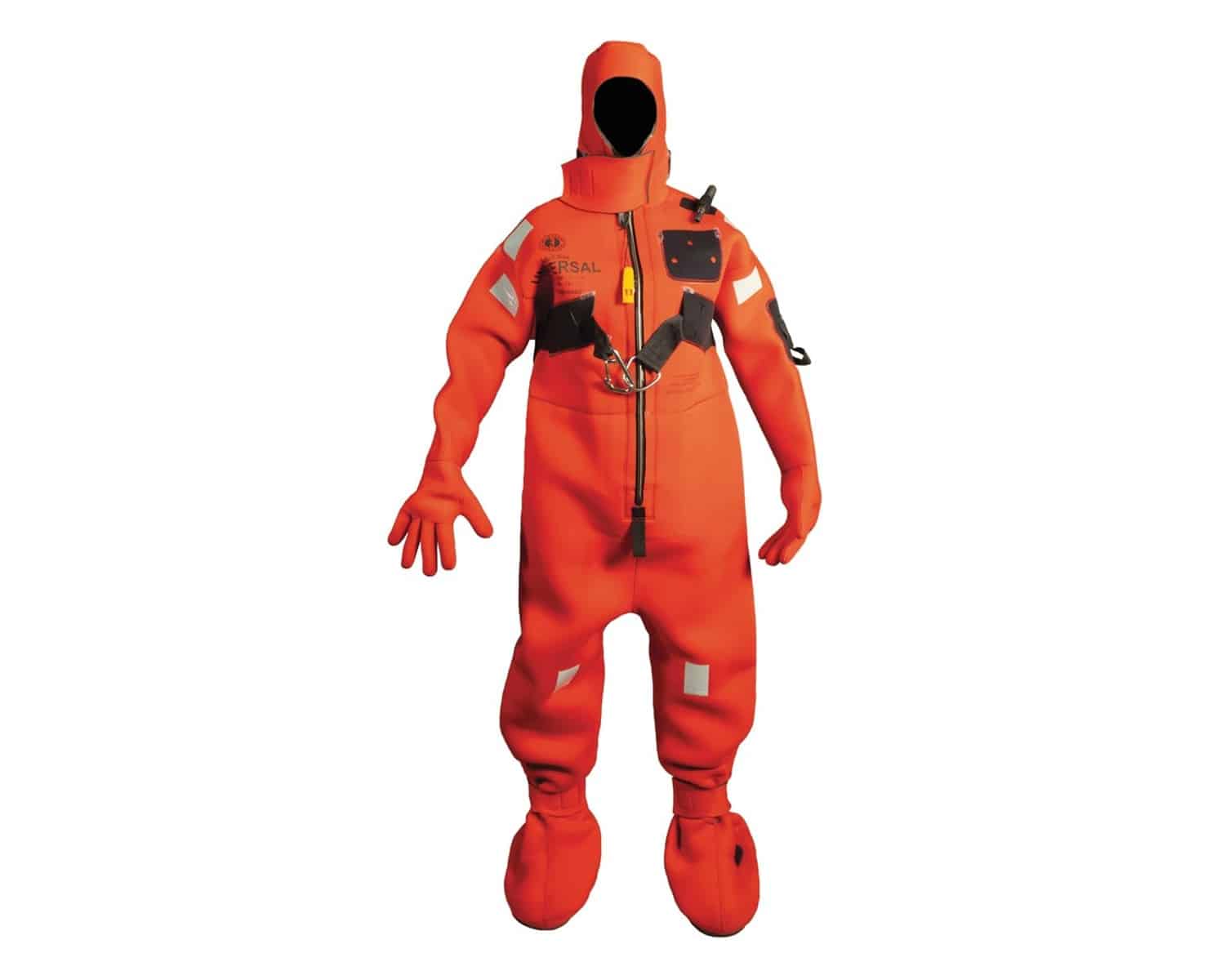
The Best Ice Rescue Suits and How They Work
Not all ice rescue or cold water rescue suits are created equally. Using an ice rescue suit is almost always dangerous. For that reason, you should never try to perform a cold water or ice rescue without proper training. Always alert authorities when someone’s life is in danger. Once you are trained, we can help…
